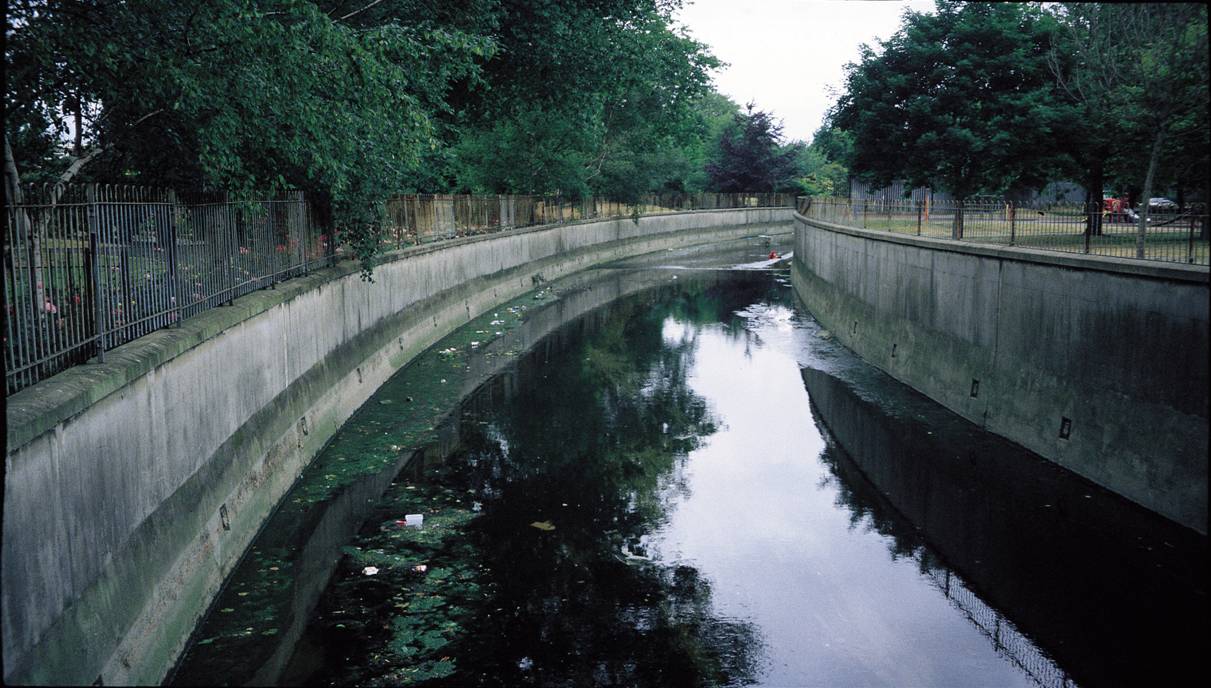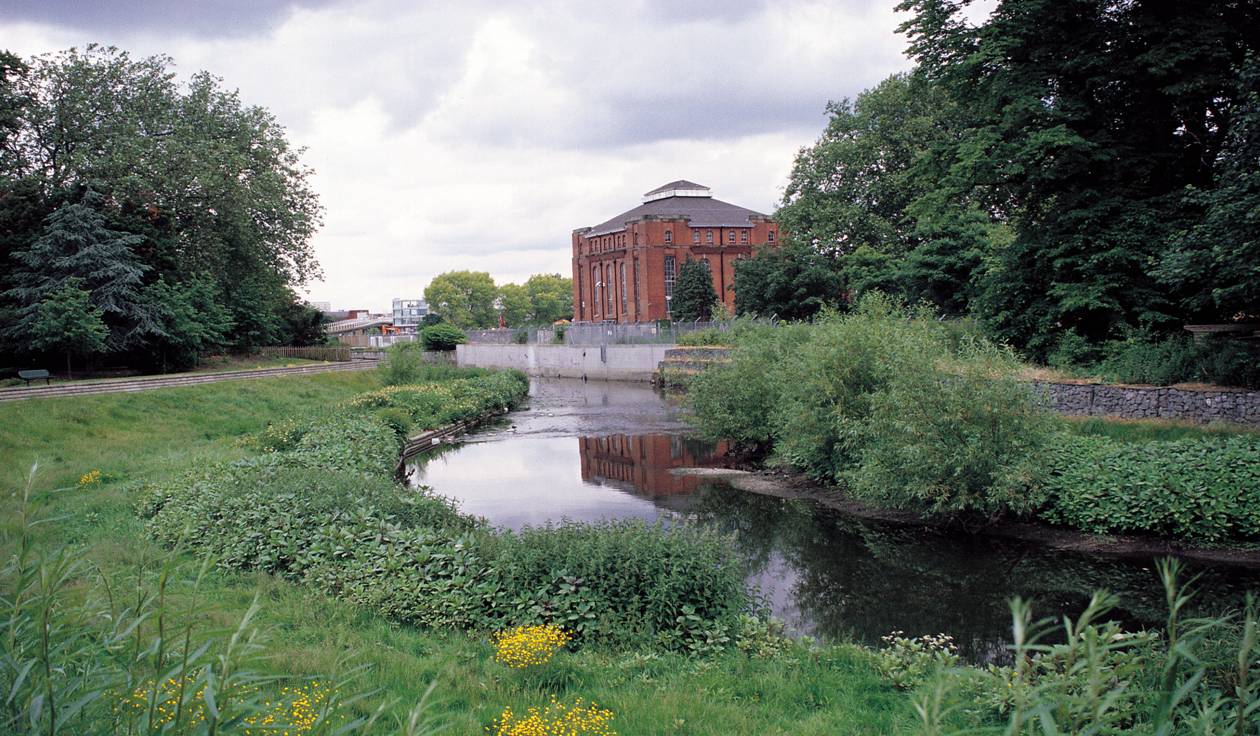Want to know more about river restoration in Europe?
RESTORE has developed a River Wiki to share information on river restoration projects and it is now live. This is an interactive online source of information on river restoration schemes from around Europe. For example, you can search the database to all the case studies in Finland; case studies that have had monitoring on them or how much it costs to carry out river restoration.


before and after photos of restoration on the River Ravensbourne in London.
Adding your own projects
Please also add your own river restoration scheme to the database. Please note that you can add projects from